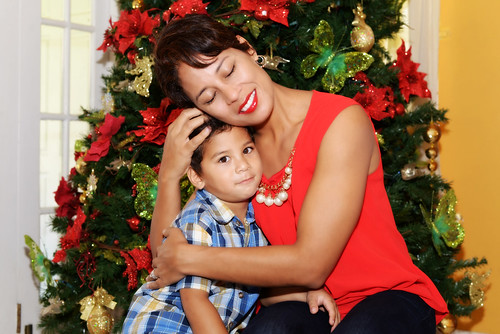Dear all,
Thank you for a fantastic semester and a real buzz around the School. I think that we are really walking the talk with our mission, and by doing so creating a wonderful learning environment for our students. It has been the best part of my day walking around the school and observing you teaching. Now you all deserve a fun and relaxing vacation.
I promise I will not be bombarding you with Food for Thoughts over the vacation, just best wishes for the festive season and a Happy and Healthy 2015. I thought that sharing this piece of research on the “importance of giving hugs” fits very well with the festive season, the culture we are trying to build at ISHCMC and is a reminder of our need as humans for closeness and attention.
Amanda Richards via Compfight cc

You Might Be Surprised How Much a Hug Helps Fight Illness, Stress and Depression
Psychologists go to surprising lengths in new study to show how much a hug can help. Being hugged reduces the deleterious effects of stress on the body, according to new research which intentionally exposed people to a cold virus. Hugging acts as a form of social support and protects people from getting sick and even reduces their illness symptoms if they do get sick.
The study, published in the
journal Psychological Science, asked 404 healthy adults how much
social support they perceived they had from other people (Cohen et al., 2014).
They were also asked about
how often they were hugged and how often they came into conflict with others.
Participants were then
exposed to a cold virus in the lab (they were well paid for this: $1,000 each).
Their condition was monitored
in quarantine to see if they developed a cold and how severe their symptoms
were.
Professor Sheldon Cohen, who
led the study, explained its rationale:
“We know that people
experiencing ongoing conflicts with others are less able to fight off cold
viruses.
We also know that people who
report having social support are partly protected from the effects of stress on
psychological states, such as depression and anxiety.
We tested whether perceptions
of social support are equally effective in protecting us from stress-induced
susceptibility to infection and also whether receiving hugs might partially
account for those feelings of support and themselves protect a person against
infection.”
The results showed that
people who were hugged more often or who perceived they had greater social
support were less likely to catch the cold in the first place. Those
who did get a cold had less severe symptoms if they
were hugged more and felt supported socially.
Professor Cohen said:
“This suggests that being
hugged by a trusted person may act as an effective means of conveying support
and that increasing the frequency of hugs might be an effective means of
reducing the deleterious effects of stress.
The apparent protective
effect of hugs may be attributable to the physical contact itself or to hugging
being a behavioral indicator of support and intimacy.
Either way, those who receive
more hugs are somewhat more protected from infection.”
And here is a short video about giving hugs:
Have a great vacation,
Yours
Adrian

No comments:
Post a Comment